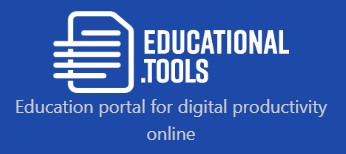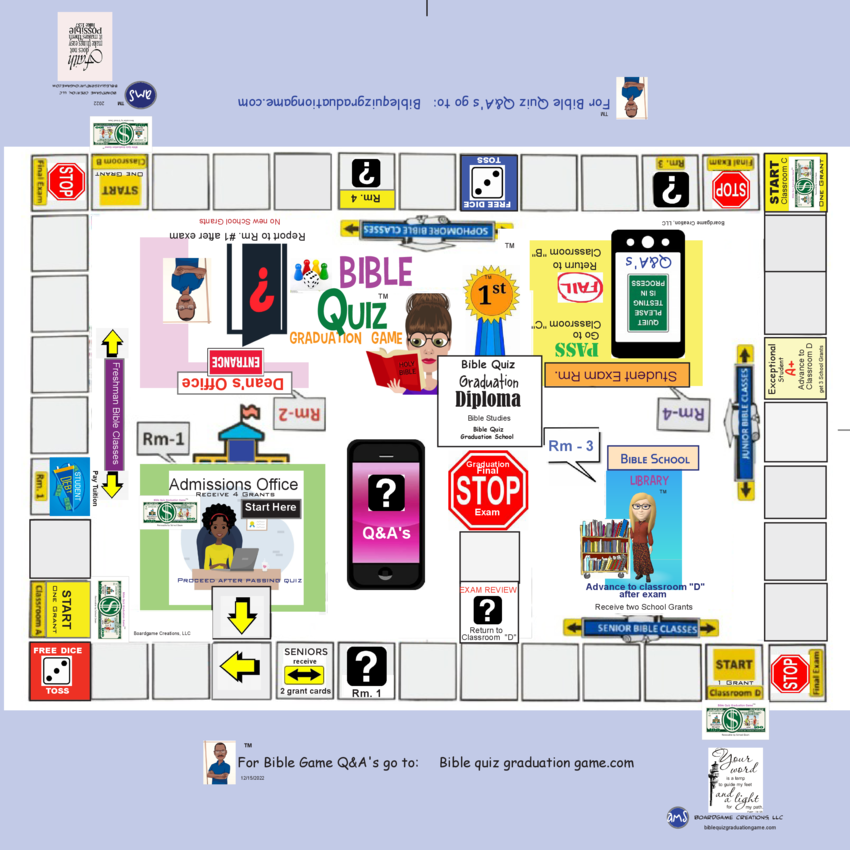Rational Thinking: The Key to Effective Decision-Making and Problem-Solving

Strong 8k brings an ultra-HD IPTV experience to your living room and your pocket.
Rational thinking is an essential cognitive process that involves the ability to analyze information, reason logically, and draw reliable conclusions. In an increasingly complex and rapidly changing world, fostering rational thinking skills is crucial for individuals and organizations seeking to navigate challenges effectively. By understanding the core principles of Rational Thinking and its significance, one can enhance decision-making and problem-solving abilities in personal and professional contexts.
The Importance of Rational Thinking
Rational thinking serves as a foundation for critical thinking and informed decision-making. It involves assessing situations objectively, systematically evaluating evidence, and considering various perspectives before reaching conclusions. In a world inundated with information and competing viewpoints, the ability to think rationally is paramount.
Effective rational thinkers can distinguish between facts and opinions, recognizing biases that may cloud judgment. This skill is particularly important in a time when misinformation is rampant, and emotional responses can lead to hasty or irrational conclusions. Rational thinking enables individuals to analyze situations from multiple angles, leading to deeper insights and well-founded decisions.
Moreover, rational thinking facilitates effective problem-solving. By breaking down complex issues into manageable components and identifying causal relationships, individuals can develop strategic solutions. This systematic approach allows for thorough evaluation of potential outcomes and risks, ultimately leading to the selection of the most viable options.
Components of Rational Thinking
Critical Analysis: This component involves questioning assumptions, evaluating evidence, and exploring alternative explanations. Critical analysis requires individuals to adopt a skeptical mindset, avoiding the pitfalls of groupthink and confirmation bias. By applying critical analysis, one can identify logical flaws and construct solid arguments based on reliable evidence.
Logical Reasoning: Logical reasoning entails structuring thoughts coherently, enabling individuals to follow a sequence of ideas that leads to a conclusion. This process can take various forms, such as deductive reasoning (drawing specific conclusions from general principles) or inductive reasoning (formulating generalizations based on specific observations). Mastery of logical reasoning contributes to clear and persuasive communication.
Emotional Regulation: While emotions play a significant role in human decision-making, rational thinkers strive to manage their emotional responses when faced with important choices. By recognizing the influence of emotions and temporarily setting them aside, individuals can focus on objective analysis, reducing the risk of bias.
Open-mindedness: Rational thinking encourages openness to new ideas and perspectives. Open-minded individuals are more likely to consider opposing viewpoints, leading to balanced and informed decision-making. This flexibility allows for continuous learning and adaptation in a constantly evolving environment.
Objective Evaluation: Rational thinkers prioritize objectivity, relying on empirical evidence and logical reasoning rather than personal bias or anecdotal experiences. Objective evaluation involves gathering relevant data, assessing the credibility of sources, and drawing conclusions based on merit.
Strategies to Enhance Rational Thinking
Practice Mindfulness: Developing mindfulness techniques can help individuals become more aware of their cognitive processes. By practicing mindfulness, one can gain insight into emotional triggers and cognitive biases, leading to more considered responses.
Engage in Critical Discussions: Participating in dialogues with diverse perspectives encourages rational thinking. Engaging in discussions with others allows individuals to challenge their assumptions and consider alternative viewpoints, fostering a deeper understanding of complex issues.
Utilize Decision-Making Frameworks: Decision-making frameworks, such as cost-benefit analysis or pros and cons lists, can provide structured approaches to rational thinking. These tools help individuals evaluate different options systematically and objectively.
Seek Continuous Learning: Staying informed and educated allows individuals to expand their knowledge base and enhance their critical thinking abilities. Engaging with various types of content, including books, articles, and podcasts, can deepen understanding and foster rational discourse.
Reflect on Past Decisions: Analyzing previous decisions—both successful and unsuccessful—can provide valuable lessons. Reflecting on the thought processes behind past choices can illuminate patterns, biases, and areas for improvement.
Conclusion
In summary, rational thinking is a vital cognitive skill that enables effective decision-making and problem-solving in today’s complex landscape. By cultivating critical analysis, logical reasoning, emotional regulation, open-mindedness, and objective evaluation, individuals can empower themselves to navigate challenges with clarity and confidence. As we embrace the principles of rational thinking, we not only enhance our personal effectiveness but also contribute to more informed and constructive dialogues within our communities and organizations. In a rapidly evolving world, the ability to think rationally is a key asset that can lead to better outcomes and enduring success.
Note: IndiBlogHub features both user-submitted and editorial content. We do not verify third-party contributions. Read our Disclaimer and Privacy Policyfor details.







